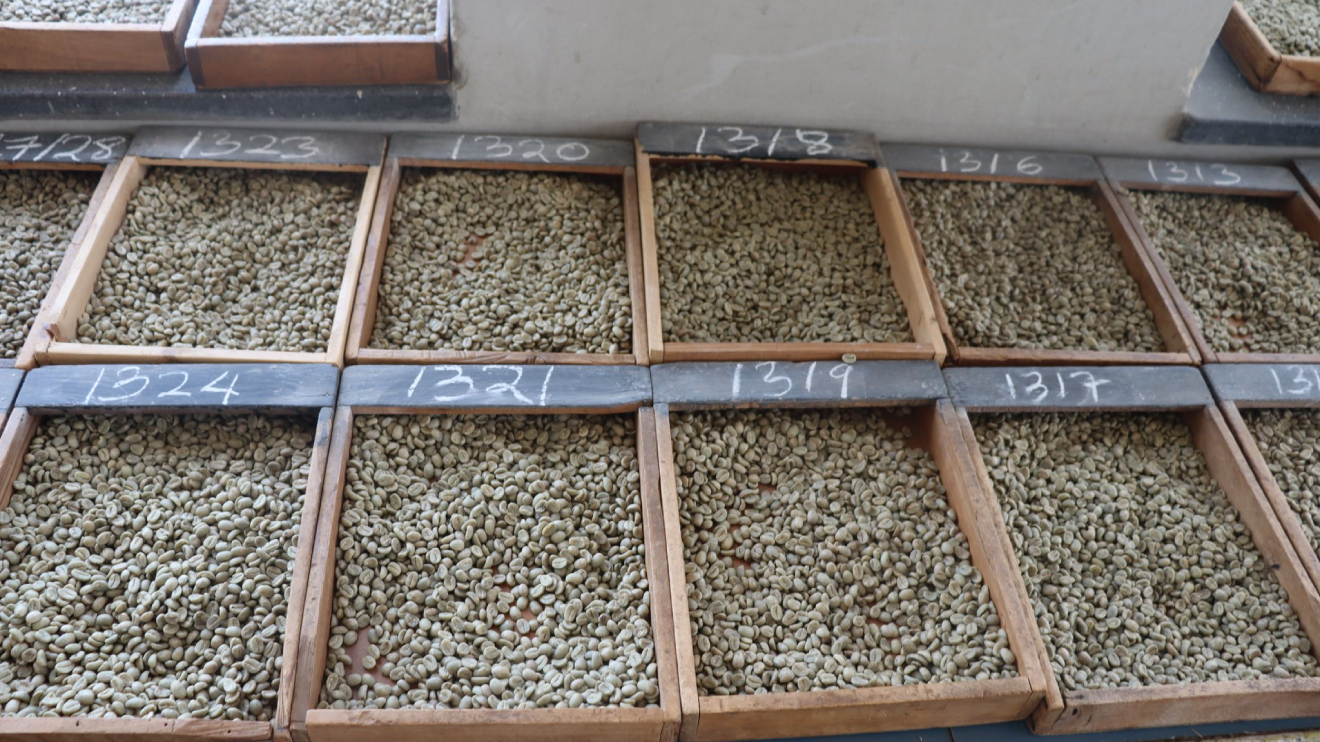Coffee farmers in Kenya can look forward to a brighter future with the government implementing a series of reforms aimed at tackling exploitation and boosting their earnings.
State Department of Co-operatives Commissioner Patrick Kilemi confirmed the government's commitment during a parliamentary session.
Responding to inquiries from the house, Kilemi outlined several key initiatives, including the long-awaited Coffee Bill.
According to Kilemi, this Bill, once enacted, will prevent a single company from dominating the entire coffee production cycle, encompassing milling, marketing, and dealing.
Another significant reform involves empowering farmer organizations.
Read More
These groups will now have direct access to the Nairobi Coffee Auction, bypassing exploitative middlemen.
"The Cooperative Bill has been developed and presented to the National Assembly for appropriate action," stated Kilemi's official response.
He elaborated that the Bill would also define the roles and responsibilities of both national and county governments in supporting the coffee sector.
Financial backing for farmers is another crucial aspect of the reforms.
Kilemi pledged to fulfil the government's promise of Sh80 per kilogram of coffee cherry.
This will be achieved through an additional Sh4 billion injection into the Cherry Advance Revolving Fund, disbursed in two instalments.
Previously, Deputy President Rigathi Gachagua had pointed the finger at cartels within the coffee industry for manipulating cherry prices.
He vowed to dismantle these cartels and ensure farmers receive fair compensation without relying on exploitative middlemen.
These reforms mark a significant shift in Kenya's coffee sector, aiming to empower farmers, increase transparency, and ultimately, elevate the industry to its full potential.












-1714995712.jpeg)